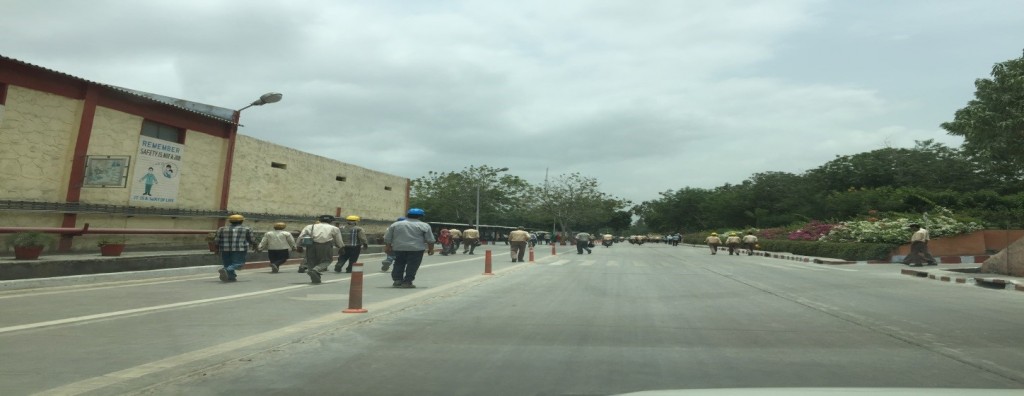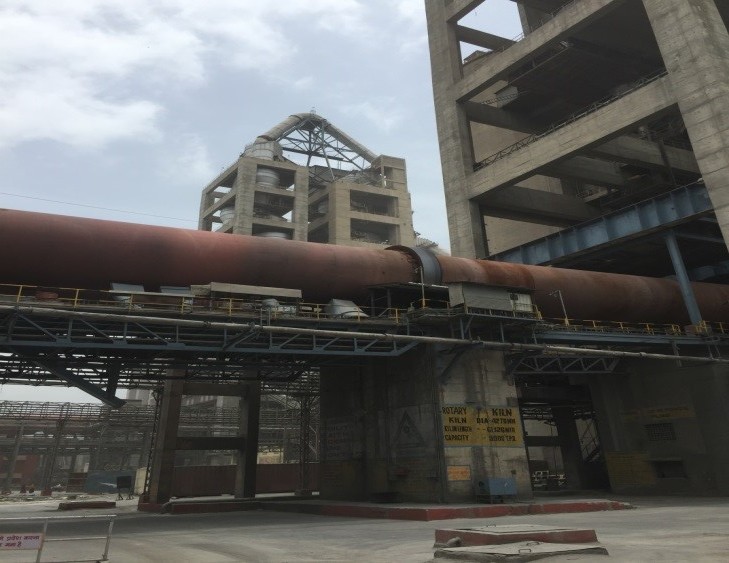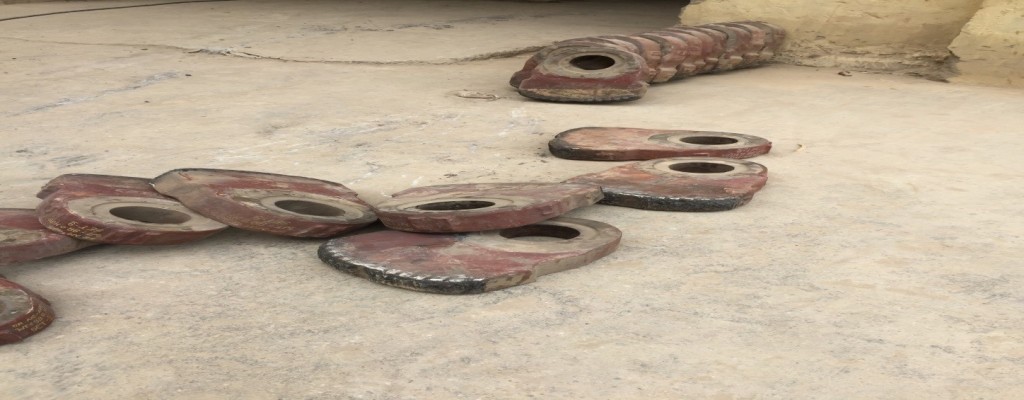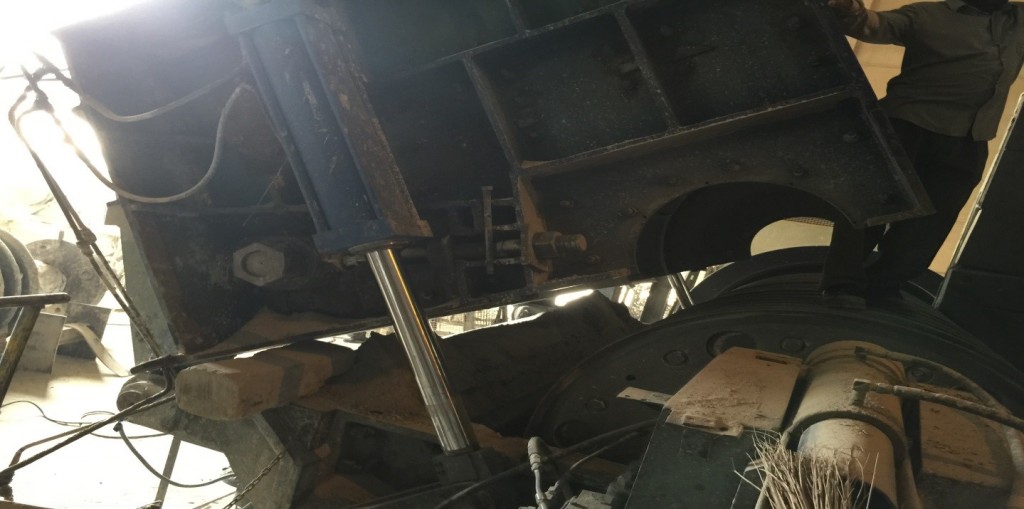This summer, St. Cloud State University’s College of Science & Engineering has sent two SCSU students, Ali Almanasif and Peter Ojambo, to India. The students are completing an internship at JK Cement Company. The internships were arranged through the JKLU-SCSU Internship Exchange program, a partnership between SCSU and a university in India. The partnership creates internship abroad opportunities for students from both institutions. We are tracking the students’ progress here on the COSE International Programs blog. Check back periodically to hear more about their experiences abroad.
Ali’s Experience in India, Journal Entry 2:
In this week, we arrived to JKL Cement Company’s colony where we are staying for the next three weeks. Basically, the place is divided into two major territories: the colony, a private residential neighborhood on the northern side, and the factory on the southern side. The colony is provided with daily use services such as a grocery store, a pharmacy, a hospital, a school, and different types of utilities. On the other side is the huge cement factory where Peter and I are going to start our training. I am excited to go to the factory and explore every single part of it. My goal is to get as much experience as I can from this internship and to understand the work environment in another culture.
During this week, Peter and I began our training. Our first assignment was to understand and analyze how Limestone crushers work, from the ground up. The EVC (Electric Vibrant Crusher) appears to be less complicated than the APCM 1822 Crusher (Compound Crusher). The EVC uses impact principles to reduce the size of limestone that comes from the mines. This crusher is designed with 54 hammers made of sinter cast and attached to a 2000mm X 3000mm rotor. It preforms the primary crushing process called impact by throwing oversized limestone against a wall covered with wear liner. Shearing and compressing between the hammers and the breaker plate takes place in the secondary crushing process. The secondary crushing process is to ensure that only <60mm particles pass through the outlet grate to the production belt conveyor.




